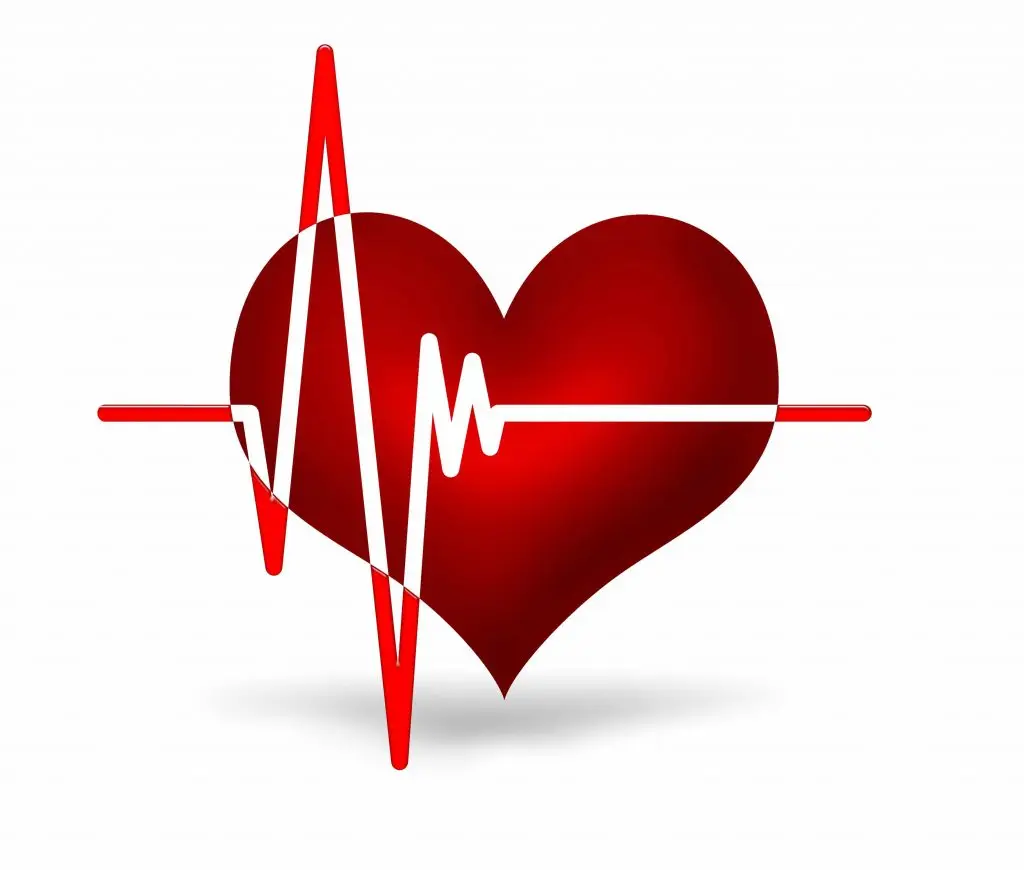
More than 122 million Americans—about half of the U.S. population ages 20 and older—have high blood pressure, referred to medically as hypertension. Hypertension is a major cause of cardiovascular disease, and despite advances in treatment, even patients who take medications to control their blood pressure remain at high risk of death from diseases like heart attack, heart failure, and stroke.
The lack of new drugs to effectively control hypertension and associated cardiovascular problems has fueled a search for novel treatment strategies, and now, researchers at the Lewis Katz Scho...
Read More








Recent Comments